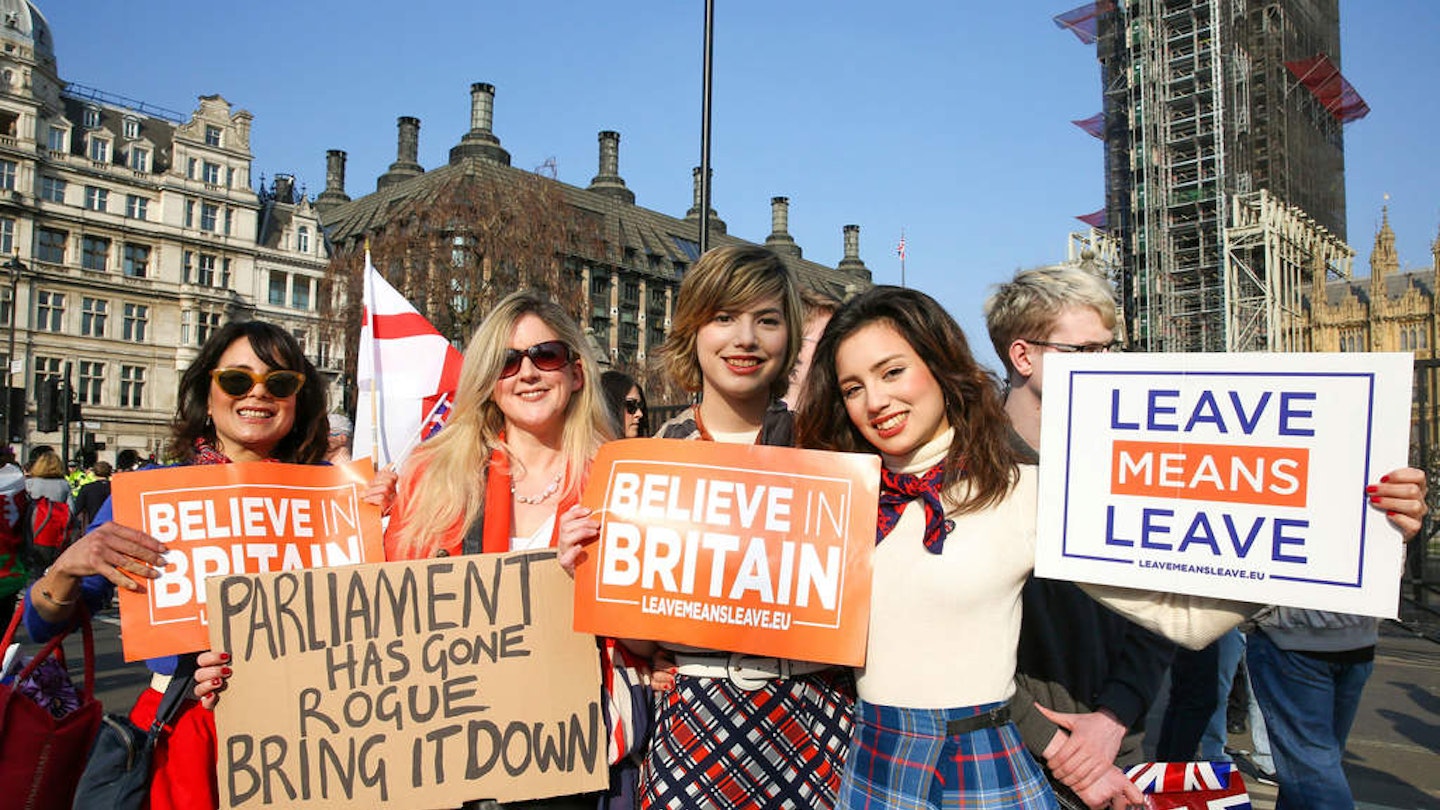Standing outside the library on Canterbury Christ Church University campus in Kent, Ellie Varley is cautious as she talks on the phone. ‘I’m keeping an eye out in case anyone can hear what I’m talking about. I’m quite nervous saying stuff in university in case someone overhears me,’ she says. The scandalous topic? Being a Leave-supporting student.
Her trepidation is understandable, if the stereotype of a student is to be believed – ie, left-wing with a Che Guevara poster on their wall – and the archetypal Leave voter is right-wing, male, pale and middle-aged. But after a number of young women were pictured at a pro-Brexit rally on 29 March – the day the UK was meant to leave the EU – it sparked discussion over whether young Leavers are still the anomaly. According to a YouGov poll after the 2016 referendum, 29% of under 25s vote to leave the EU. But last week, when YouGov asked that same age group what they thought in hindsight, only 14% thought we were right to leave, while the figure was 30% for 25 to 49-year-olds.
Ellie, 20, is the vice chair of Students For Brexit, a group which, she says, has around 5,000 followers across 48 universities. She’s also the chair of her university’s Conservative Society and met staunch Brexiteer Jacob Rees-Mogg when he visited last year. ‘I respect him for being open about his views, but I don’t necessarily agree with them all – particularly on abortion and gay marriage,’ she says, before explaining that around campus she gets called ‘racist’ and ‘stupid Tory scum’. She’s pro-Leave because she feels the EU’s influence on the UK is undemocratic.
She hasn’t lost any friendships over her stance, yet, despite having more Remain friends than Leave. ‘Young Leave voters are difficult to find. There are a lot of us, but we’re shy about voicing our opinions.’ This, she says, is because Leavers are generally branded ignorant and intolerant of immigration. ‘It doesn’t bother me who comes to our country as long as you work hard,’ she adds. ‘But we’re branded as this thing before people have even spoken to us which is why pro-Leave people tend to keep quiet about it.’ Lucy Harris, 28, started a ‘secret’ social networking group called Leavers of Britain after she grew tired of the ‘social ostracisation’ she felt she received as a result of being pro-Leave. She explains it’s more like a secret society because many of the 5,500 members (1,500 in London) don’t dare tell their friends, family or colleagues how they voted.
‘A lot of people don’t want to come out as Leave voters and I’ve found that people don’t want to be photographed at events because they feel their social or professional lives will be compromised,’ she says. ‘People don’t want to speak up because of the negative connotations that have been attached to their politics.’ Nevertheless, these concerns didn’t stop some young Leavers feeling riled up and galvanised to go out and protest when the UK failed to leave the European Union on 29 March. At 17 and 15 respectively, Alice Grant and her sister Beatrice attracted attention as some of the youngest on a pro-Brexit rally in Westminster that day.
The sisters from West London have become increasingly involved with the Leave campaignrecently and have taken part in a number of protests. Alice says she’s happy about the publicity if it means people are aware that there is a young contingent of Leave voters. ‘I think we’ve been misrepresented,’ she adds. ‘Through my campaigning, I’ve met so many young people who want to leave. I get messages from many young Brexiteers who feel they have to hide the fact they support leaving the EU, because they get bullied by Remainers.’ Lucy says some of the members of her society say they’ve been treated differently at work since ‘coming out’ as Leavers. She cites orchestra musicians who say they’ve stopped getting freelance work; a teacher who’s been told to eat her lunch in the IT room at school and a civil servant who left his job after constant negativity from his colleagues.
‘At the events, people can build confidence to come out as Leave voters,’ she adds. ‘All the time, people are like, “If I told my family I voted Leave, they’d kill me,” or “I’m thinking of coming out to my work colleagues.” These are ordinary people in ordinary lives and I don’t think they should be getting stick for their democratic right to vote the way they feel; I was angry about that and that’s why I set up the group.’ Lucy and her boyfriend of three years broke up a few months after the referendum partly because of their differing political views – he’s pro-Remain. In general, the divisions Brexit has caused in society make her feel disappointed. ‘I’m from the Remain world: I’m middle-class, come from the arts, I’ve lived in London for a long time. I find it upsetting that we can’t just talk to one another. We need to find a way to come together.'
Read more: inspiring female MPs who've made a difference
Inspiring Female MPs - Grazia
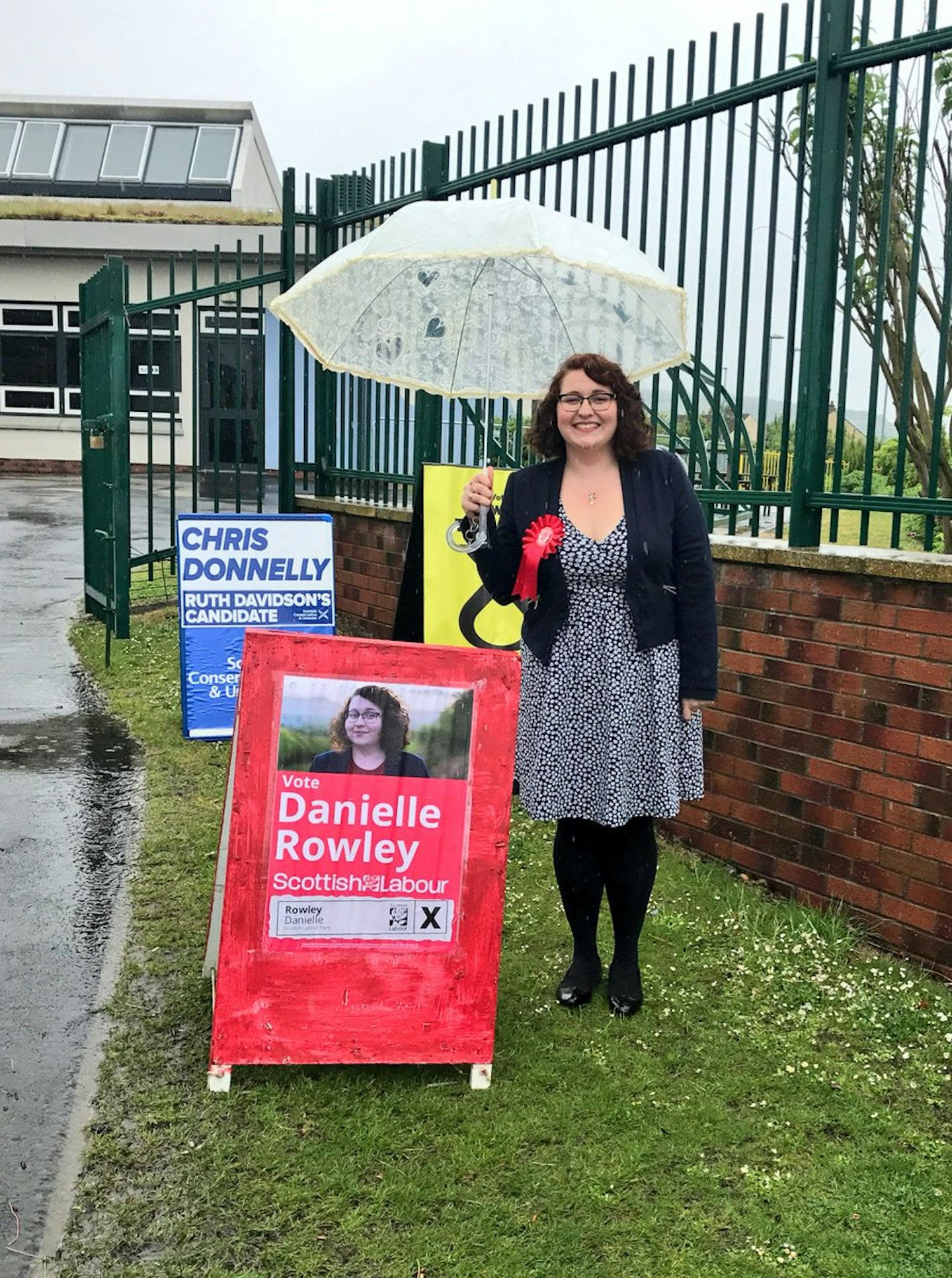 1 of 10
1 of 10Danielle Rowley, 28, Midlothian Scottish Labour MP
Speaking about her groundbreaking announcement, Danielle perfectly highlighted just how ridiculous it is that it's even a taboo to mention your period. She said on Twitter:'A lot of unexpected coverage of me talking about my period - which is great, but also highlights the need to talk about periods more openly.A woman mentioning her period shouldn't be such huge news - let's use this opportunity and work together to get to a place where it's not!'
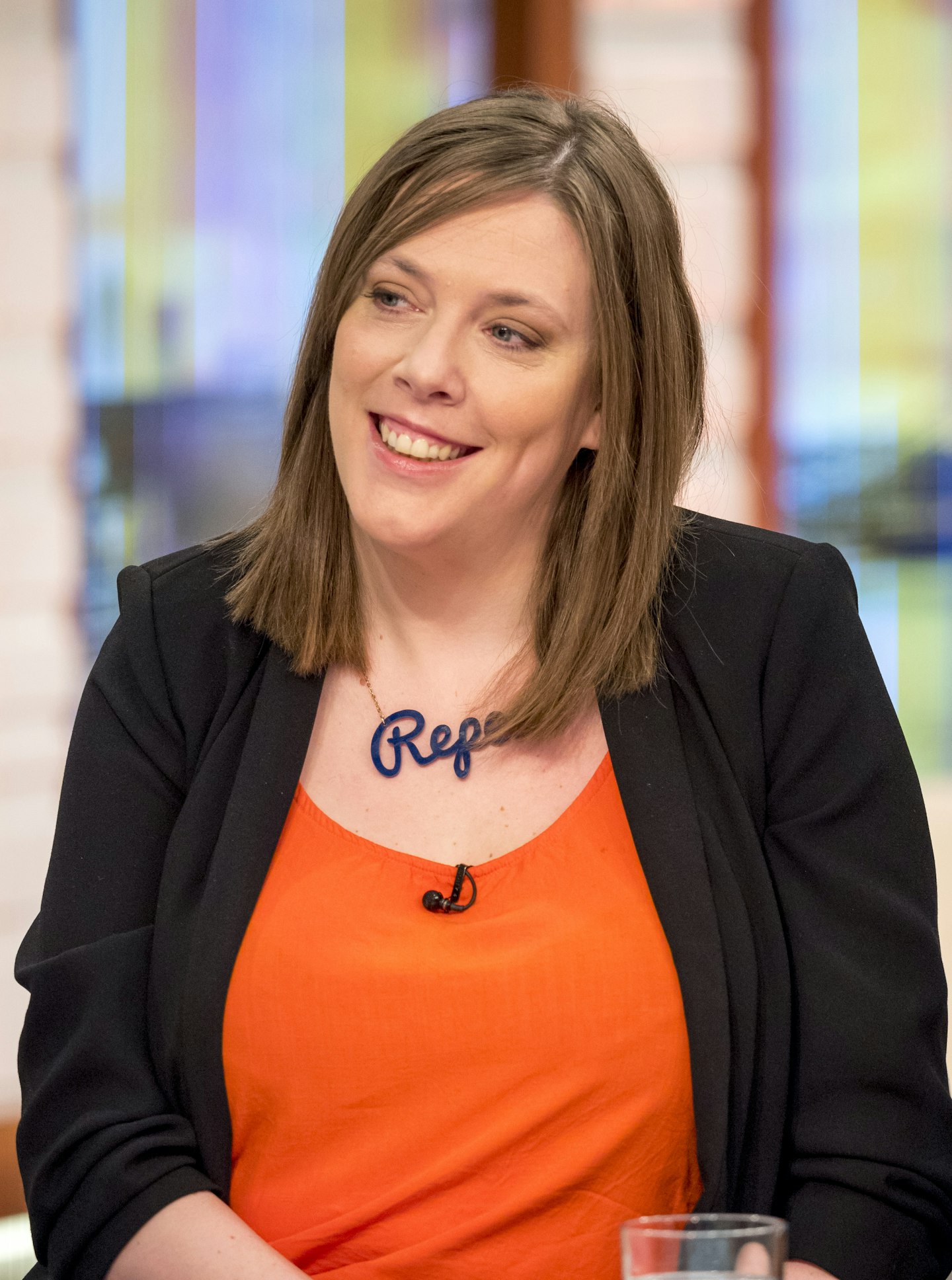 2 of 10
2 of 10Jess Phillips, 36, Birmingham Yardley Labour MP
Jess brought social media trolls to account when she called for those who post abusive messages online to lose their anonymity. The MP told parliament that she once received 600 rape threats in one night and is threatened with violence and aggression every single day online. The online community is so hostile towards women that Amnesty International have led a campaign calling for Twitter to take greater responsibility for preventing online abuse. Jess told the House of Commons that people should have to disclose their real identity to social media platforms, with hope that it would not only deter people from abusing women online but also enable us to hold them to account.
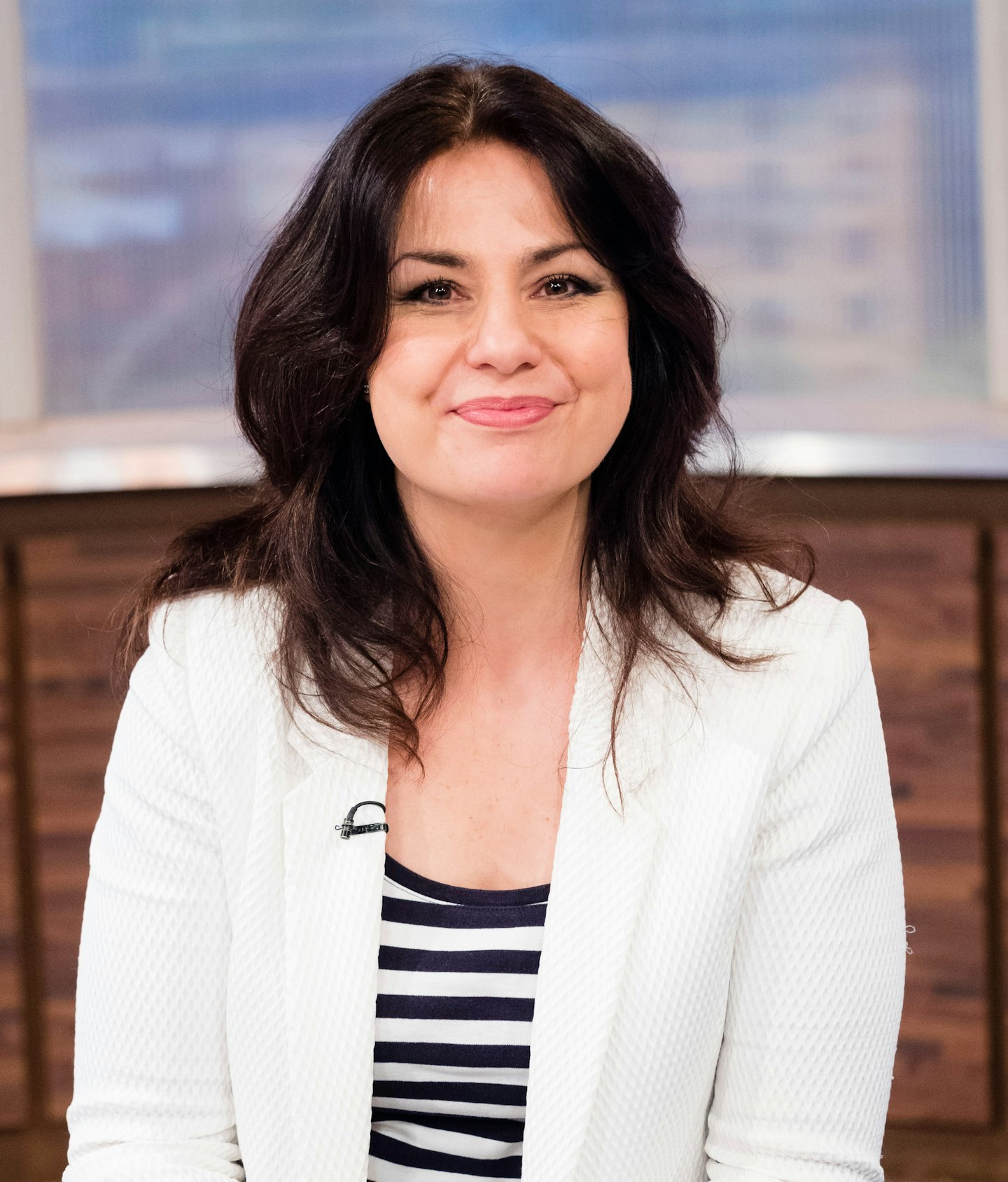 3 of 10
3 of 10Heidi Allen, 43, South Cambridgeshire Conservative MP
Heidi, alongside Jess Phillips, shared an emotional account of her own abortion with parliament earlier this month. In an attempt to reform Northern Ireland's abortion laws, she told the Cambridge independent that she felt she needed to share her story:'I had intended to say it because I had a feeling nobody else would.'I thought it probably needed saying.'I suppose it is very easy to make issues like that just about procedure and legislation and words and policy but, actually, it is about people's lives.'Jess Phillips too opened up about her own abortion, also sharing harrowing stories from women in Northern Ireland who had terminated pregnancies.
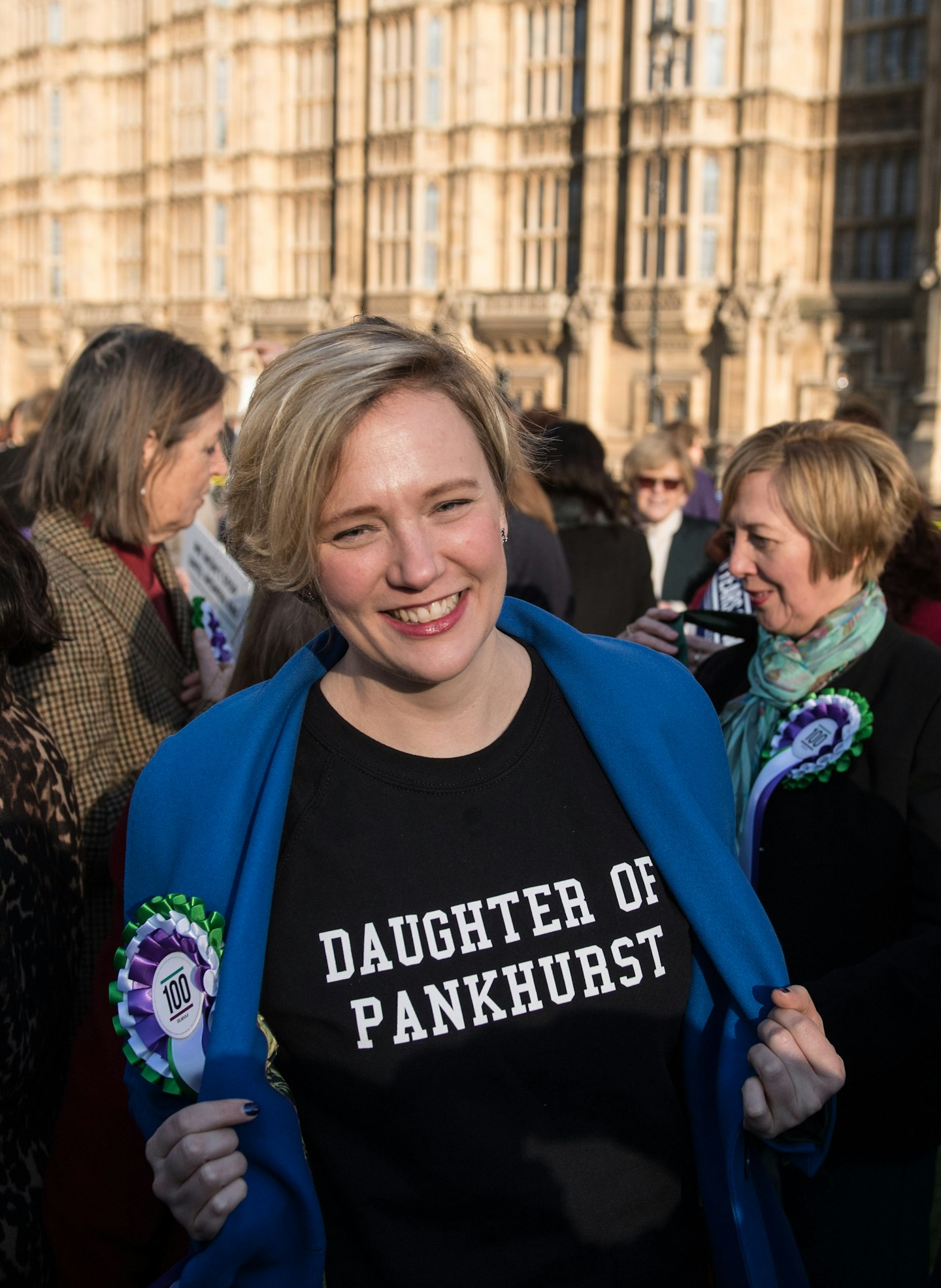 4 of 10
4 of 10Stella Creasy, 41, Walthamstow Labour MP
The original lead of cross-party calls for Northern Ireland's abortion laws to be brought in line with the rest of the UK's, Stella received tons of hate mail over her campaign to protect women's right to choose. It was in her call for debate over abortion that Heidi Allen and Jess Philips were able to talk about their own terminations.
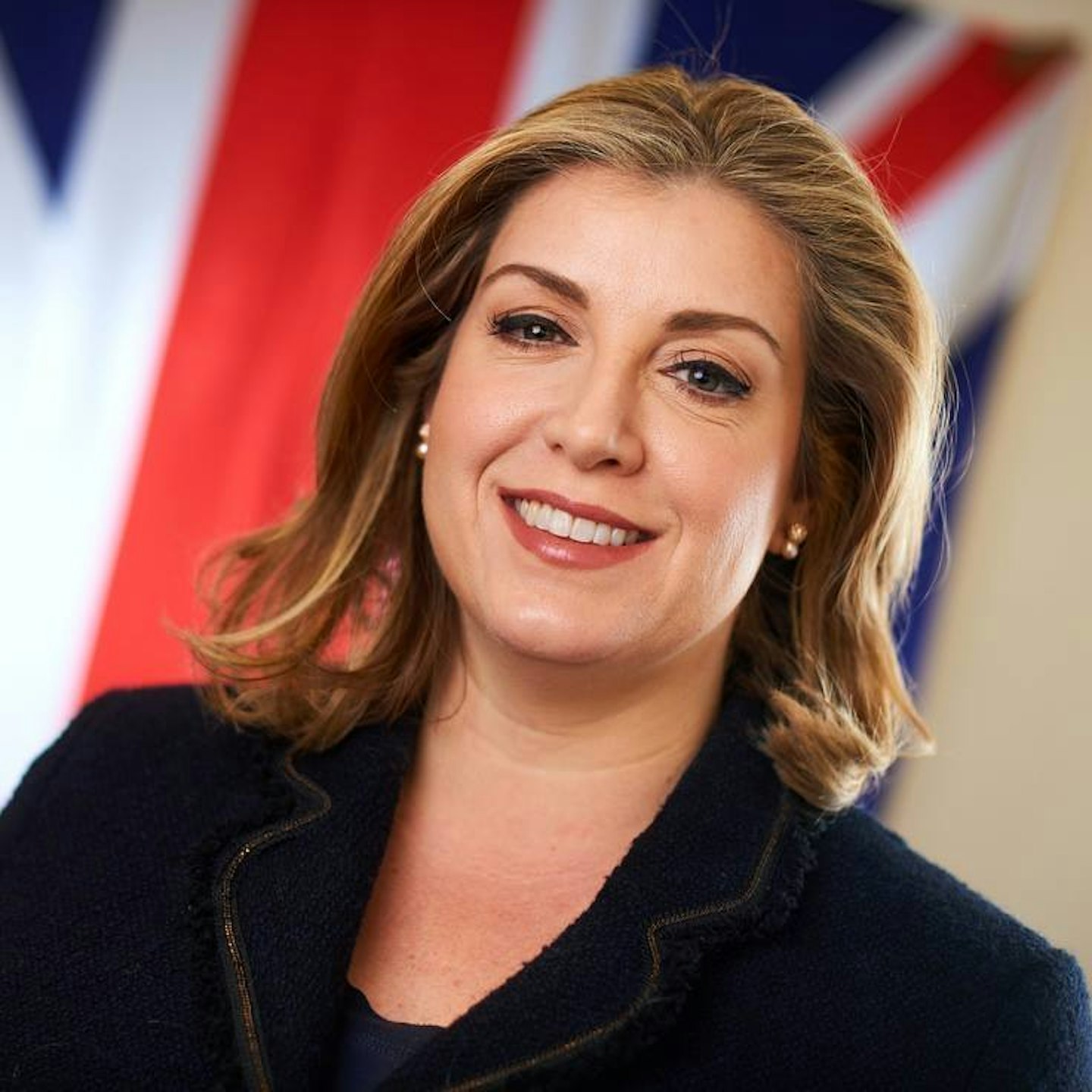 5 of 10
5 of 10Penny Mourdant, 45, Portsmouth North Conservative MP
The Minister for Women and Equalities, Penny Mourdant launched the National Action Plan on Women, Peace and Securitywhich calls for more women to be at the centre of the DFID's peace, security and humanitarian programmes. As secretary of state for international development, she has attempted to reform the aid sector by creating an independent safeguarding unit that prevents exploitation. This comes in the wake of a series of sex scandals against leading charities earlier this year.
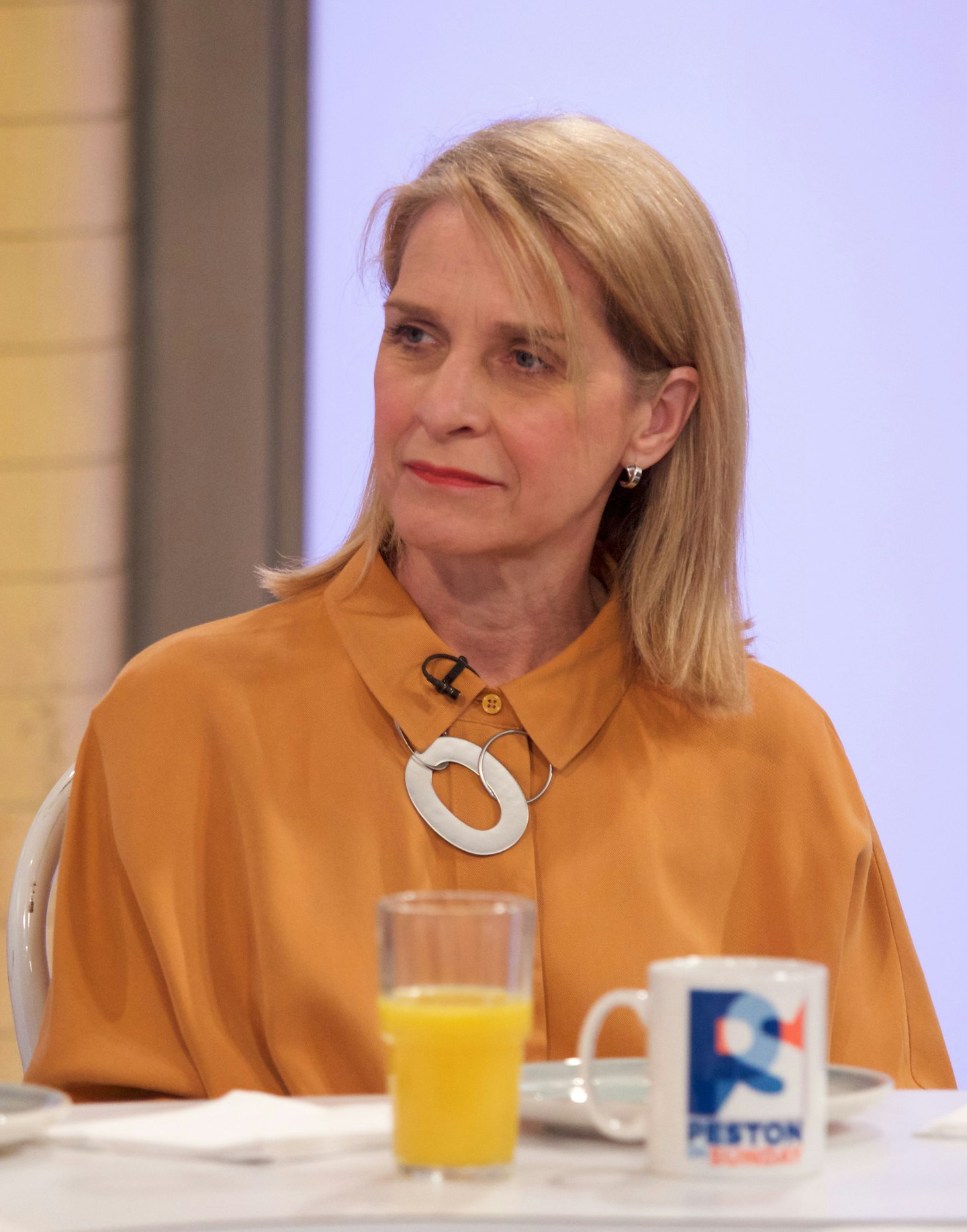 6 of 10
6 of 10Wera Hobhouse, 58, Bath Liberal Democrat MP
Wera Hobhouse brought Gina Martin's upskirting campaign to parliament as a private members bill set to outlaw the vile crime. While the bill was subsequently blocked by two male MPs, a third reading of the bill is set to continue on the 6th of July with Gina stating 'the Government Bill will become law as it'll get through the later stages more quickly and won't be objected to.'
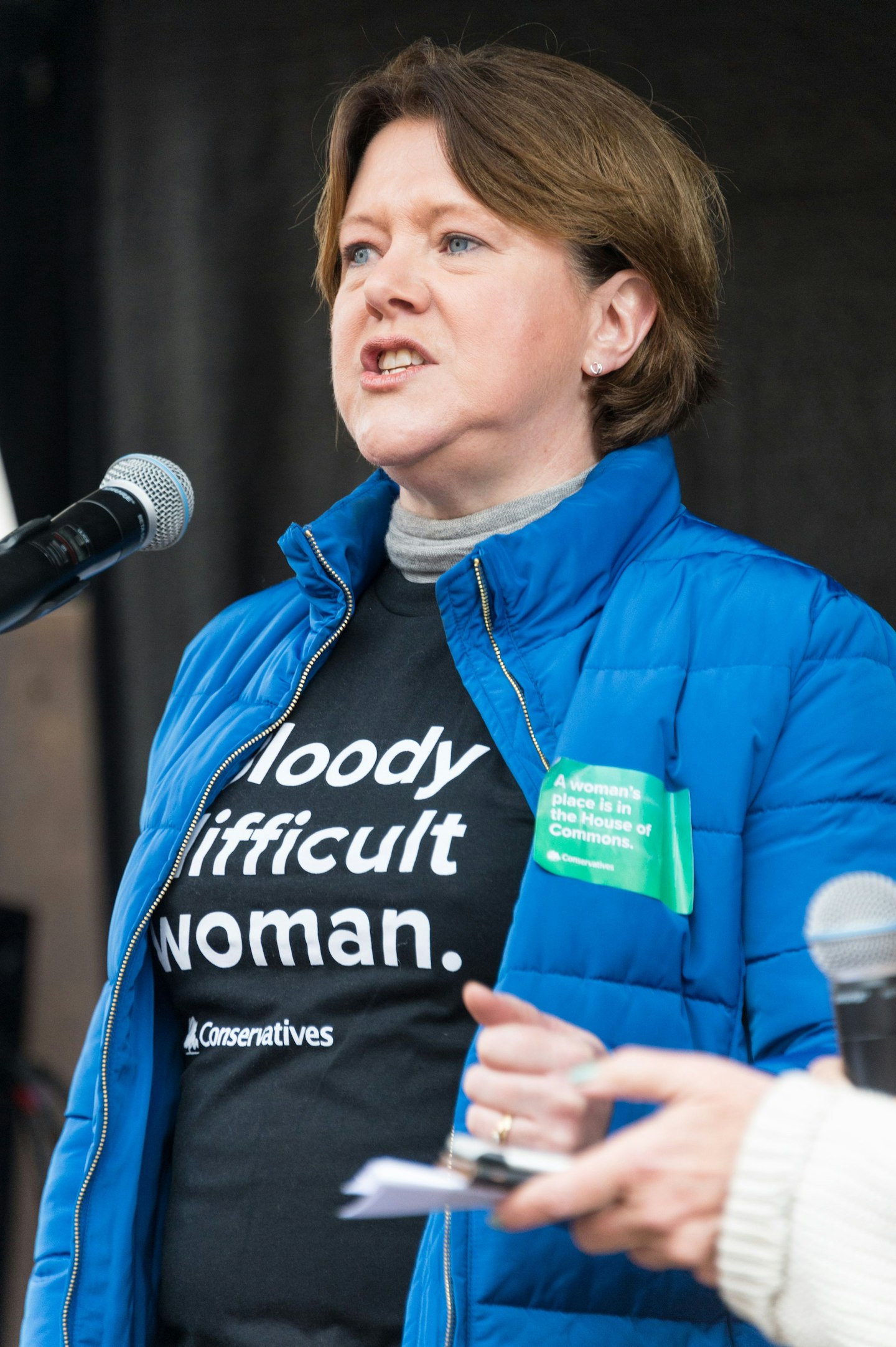 7 of 10
7 of 10Maria Miller, 54, Basingstoke Conservative MP
It was off the back of the upskirting bill that Maria Miller and Jess Phillips have met with Wera Hobhouse in an attempt to include a revenge porn amendment. It would ensure there was a blanket ban on voyeuristic images regardless of the intention in taking it, as the MPs feared people would attempt to bend the wording of the upskirting law to avoid conviction by arguing they took the image with no intention of causing distress. They also wanted to introduce an amendment that would ban false pornographic images, in which faces are photoshopped onto explicit images. However, they were told it was impossible to introduce further amendments. This comes after Love Island stars Zara McDermott and Laura Anderson became victims of revenge porn this week.
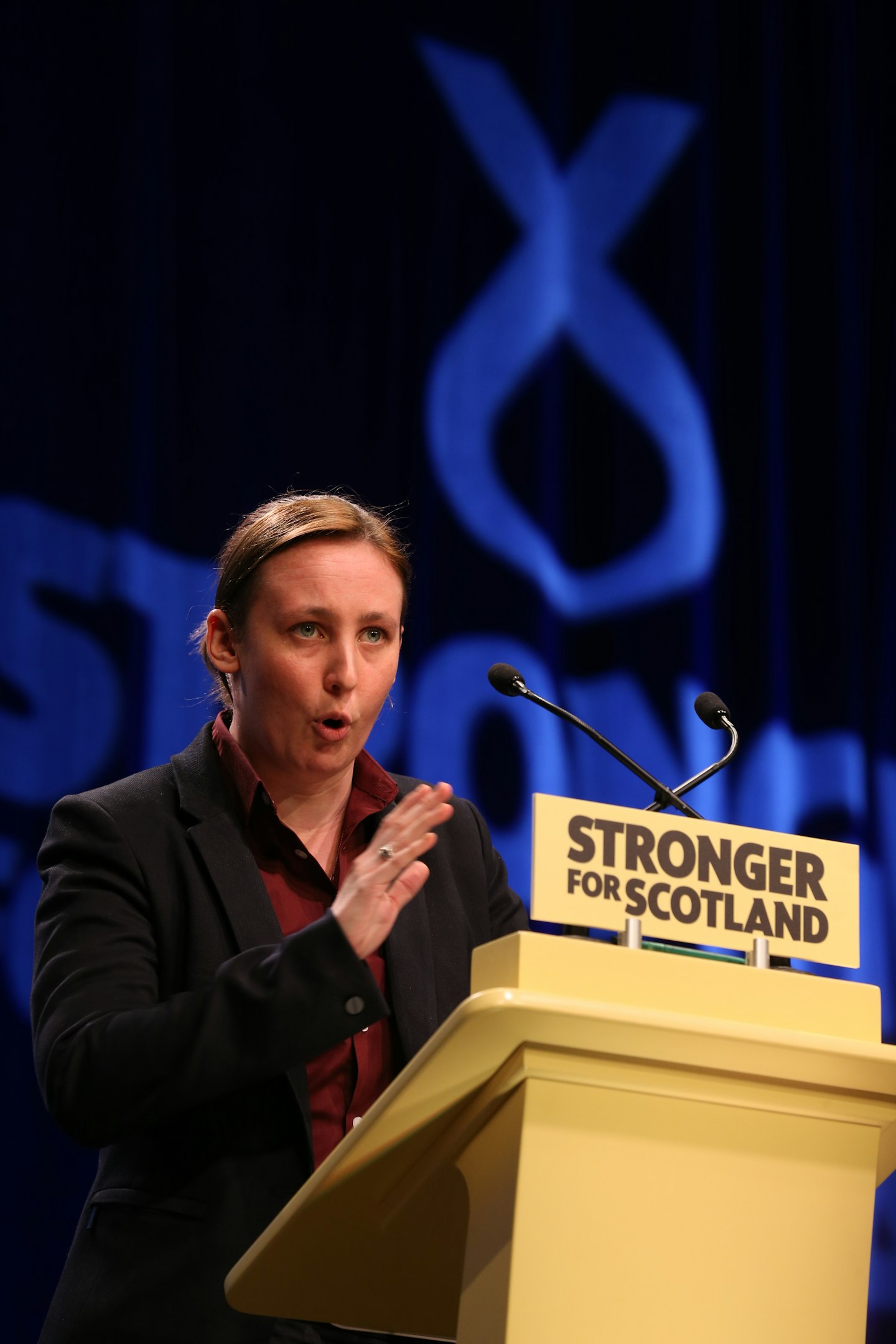 8 of 10
8 of 10Mhairi Black, Paisley and Renfrewshire South SNP MP
As part of the discussion about classing misogyny as a hate crime, Mhairi Black spoke out about the misogynistic and homophobic abuse she receives online every day. She also asked parliament to reflect on their own environment, stating, 'Only a few weeks ago I was physically pressed up against a Member (of Parliament) in the voting lobby who is accused of sexual misconduct because there's so little room.'Acknowledging she has the 'same right and influence as any other elected man', she spoke up for the female staff who aren't in her position.
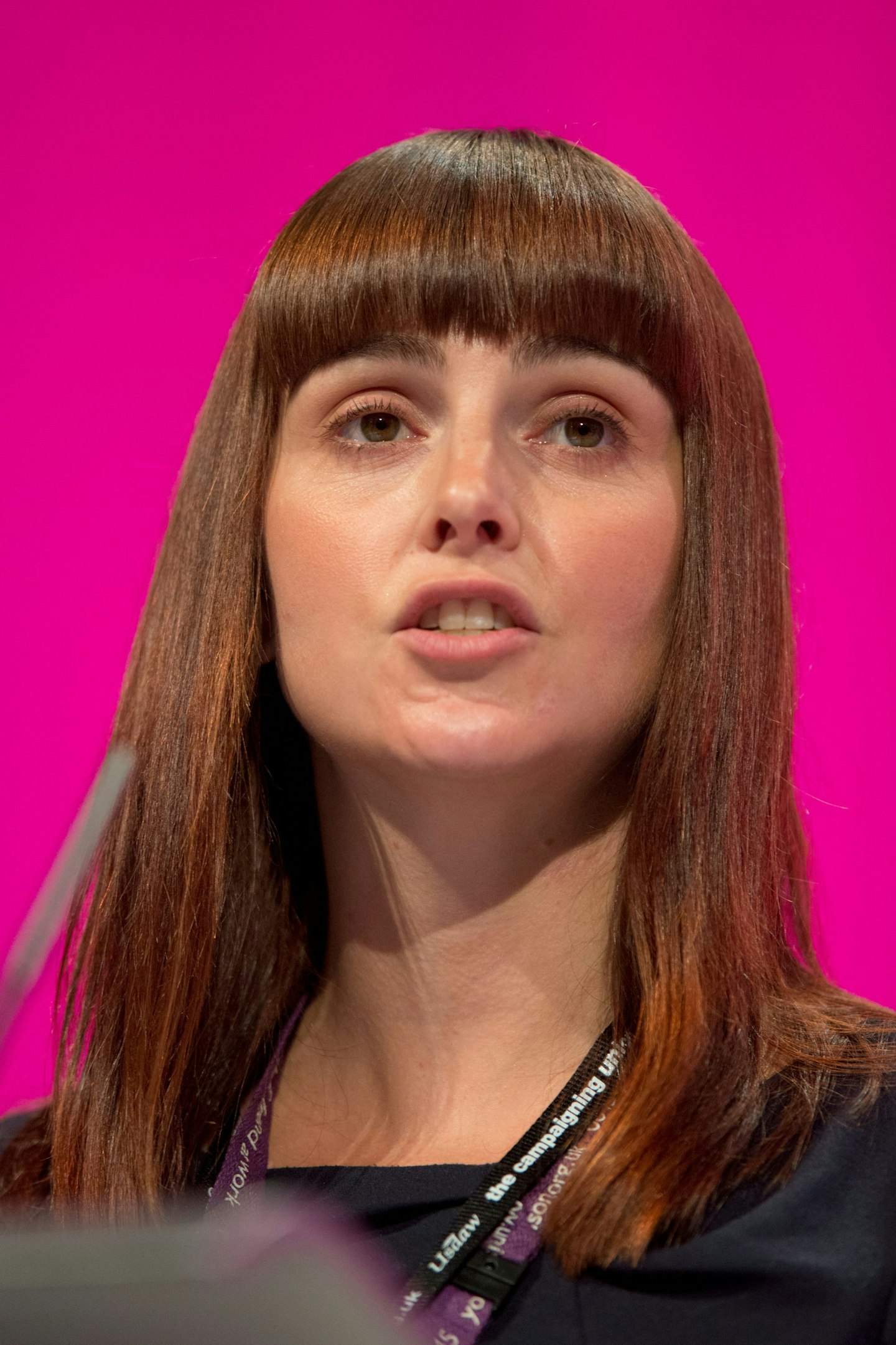 9 of 10
9 of 10Melanie Onn, 39, Great Grimsby Labour MP
Leading the charge to make misogyny a hate crime, Melanie highlighted the 'link between low-level harassment of women and more serious sexual assaults' that was found by Westminster's all-party group on domestic violence. In her constituency, the rate of domestic violence is particularly high. As a result, she has called for a law change to have misogynistic acts such as wolf-whistling, leering and sexual comments in public to be made a criminal offence.
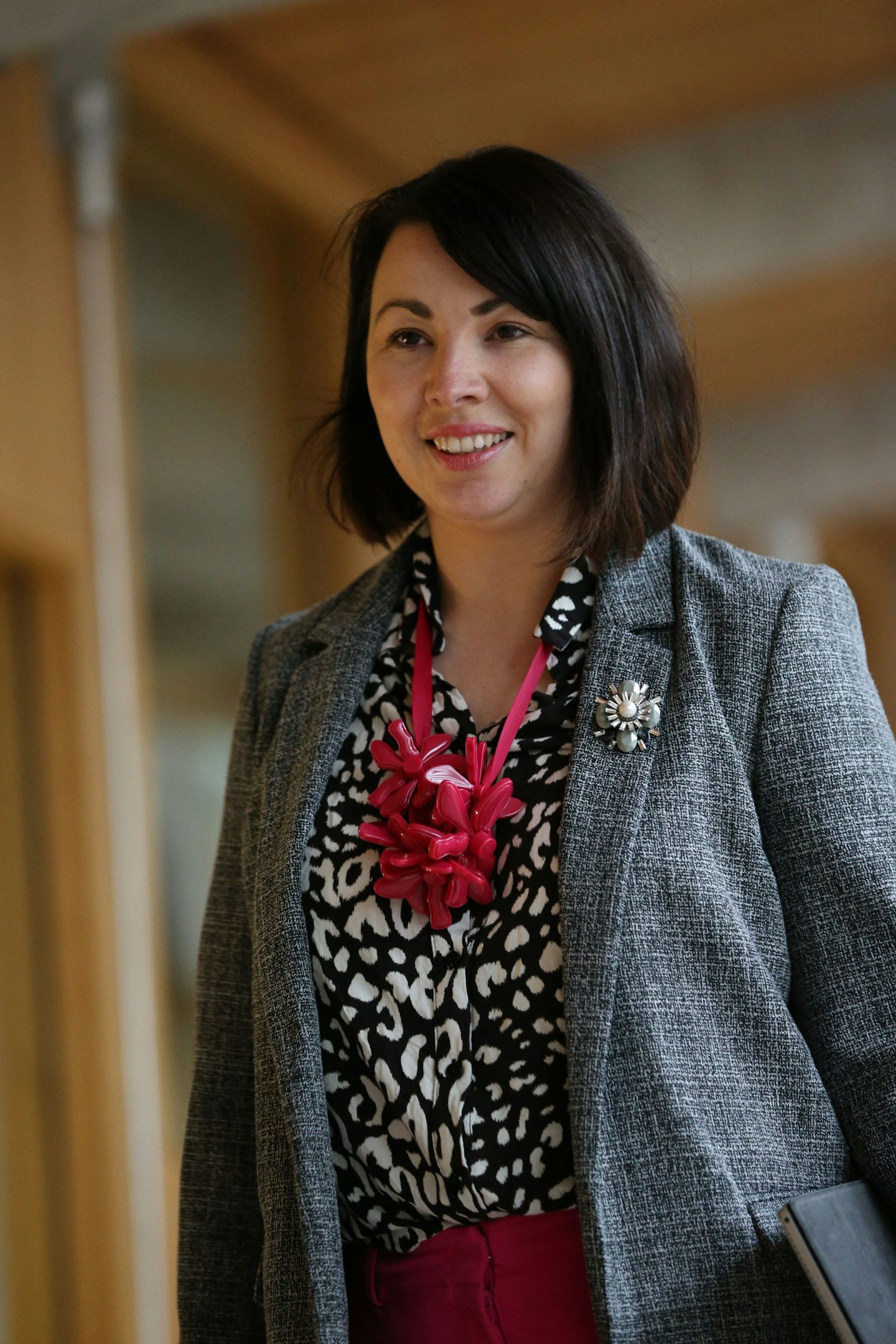 10 of 10
10 of 10Monica Lennon, 37, Central Scotland Scottish Labour MSP
Monica introduced a Member's Bill into Scottish parliament that would see the creation of free universal access to sanitary products. Proposing also that schools, colleges and universities provide free sanitary products in their toilets, she led the campaign that stands to end period poverty in Scotland.
